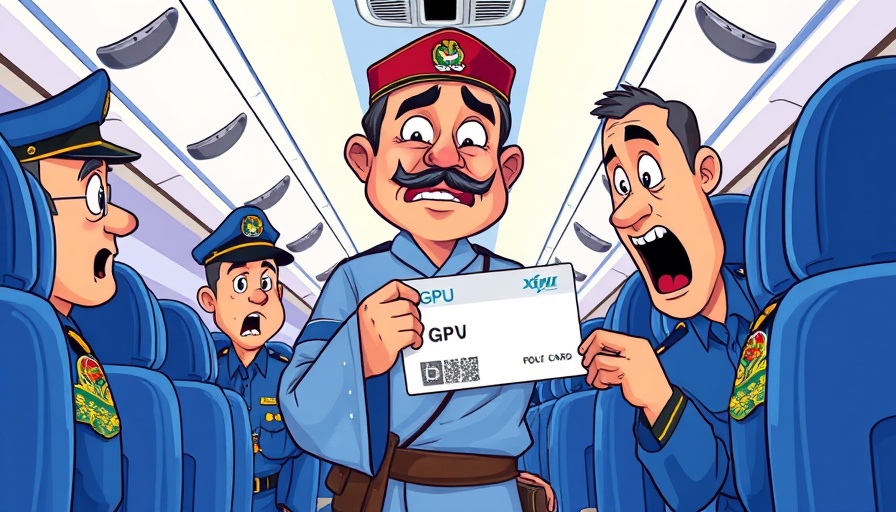
DeepSeek's Struggles in the Face of GPU Export Restrictions
In an era where AI technologies are rapidly evolving, China’s leading AI firm, DeepSeek Ltd., finds itself grappling with significant delays in the development of its next-generation R2 reasoning model. The crux of the issue lies in the restricted access to essential graphics processing units (GPUs), particularly those produced by Nvidia Corp., which are crucial for enhancing DeepSeek’s AI algorithms.
According to The Information, the company has struggled for months to scale the capabilities of the R2 model, as CEO Liang Wengfeng remains unsatisfied with its current state. Reports indicate that DeepSeek's previous model, the R1, was developed on a sophisticated hardware setup of approximately 50,000 Hopper GPUs. This robust infrastructure enabled the original model to compete effectively against more established U.S. companies like OpenAI and Anthropic. Now, however, with new U.S. sanctions in place, the procurement of vital components, particularly the H20 GPUs that DeepSeek relies on, is severely limited.
Impact of Sanctions on AI Development
Sanction restrictions have not only hindered DeepSeek's R2 model but are also causing operational challenges for the R1 model. As the demand for R1 continues to grow among Chinese enterprises and government agencies, the limited availability of H20 GPUs means that DeepSeek cannot scale its technology further. This situation exemplifies the broader implications of geopolitical tensions on technology development, where access to cutting-edge hardware becomes a decisive factor in the global AI race.
Comparing GPU Alternatives: The Opportunity Landscape
While alternatives exist, such as Huawei's Ascend 910B chipset, they are less capable and lack compatibility with Nvidia's CUDA software, widely favored in AI development. This shortfall poses a significant challenge for DeepSeek as its R1 and R2 models are specifically optimized for Nvidia GPUs. Without access to these critical technologies, maintaining competitiveness in the fast-paced AI landscape becomes increasingly difficult. As geopolitical tensions persist, DeepSeek's predicament underscores the growing need for diversification in tech sourcing strategies.
Ultimately, for businesses and tech professionals monitoring the developments in AI, DeepSeek's struggle highlights a critical point: reliance on a limited number of suppliers can stifle innovation and progress. As industry professionals, it's essential to proactively consider this dynamic—both for strategic planning and operational adjustments in an environment where international relations heavily influence technological advancement.
 Add Row
Add Row  Add
Add 










Write A Comment